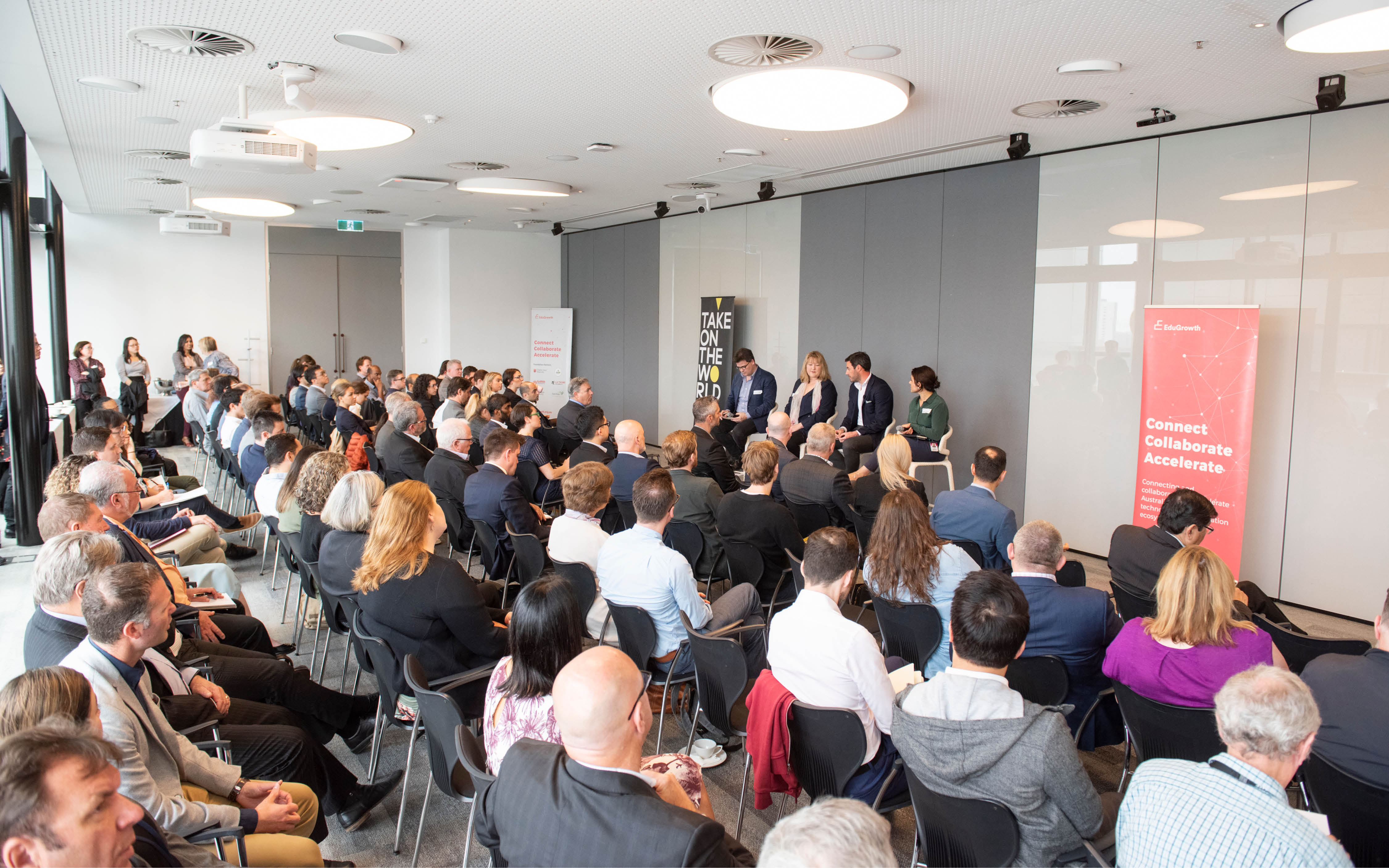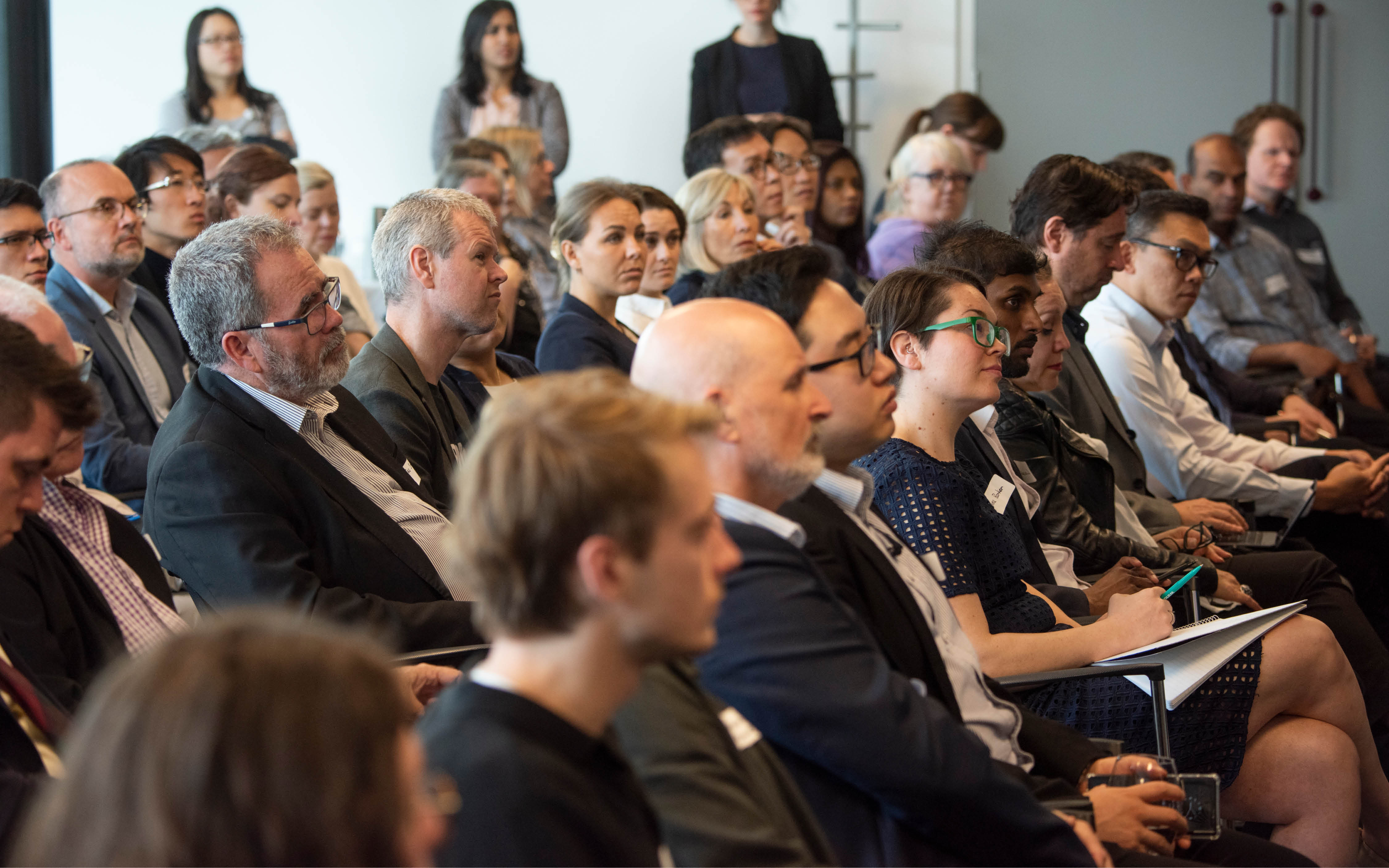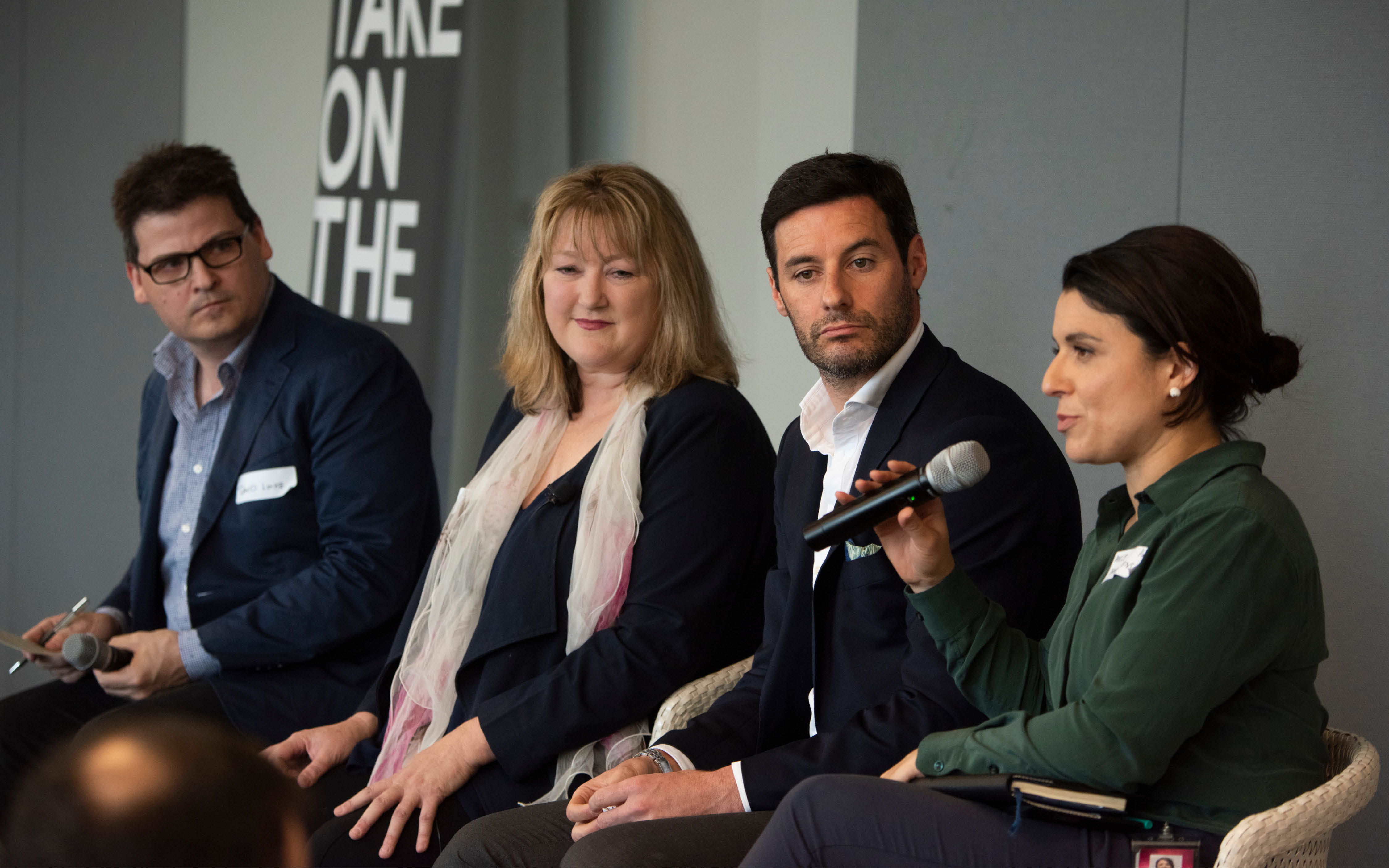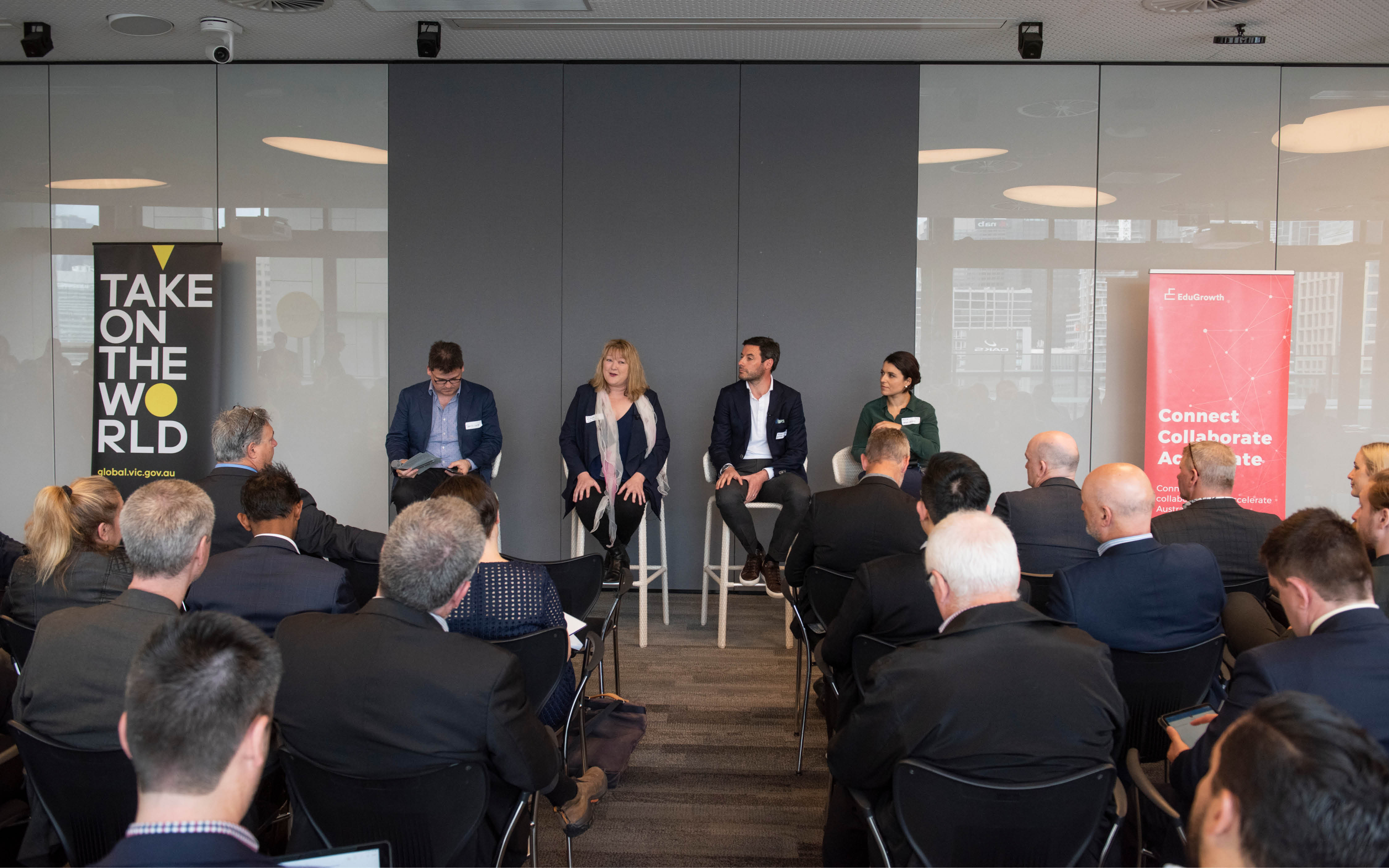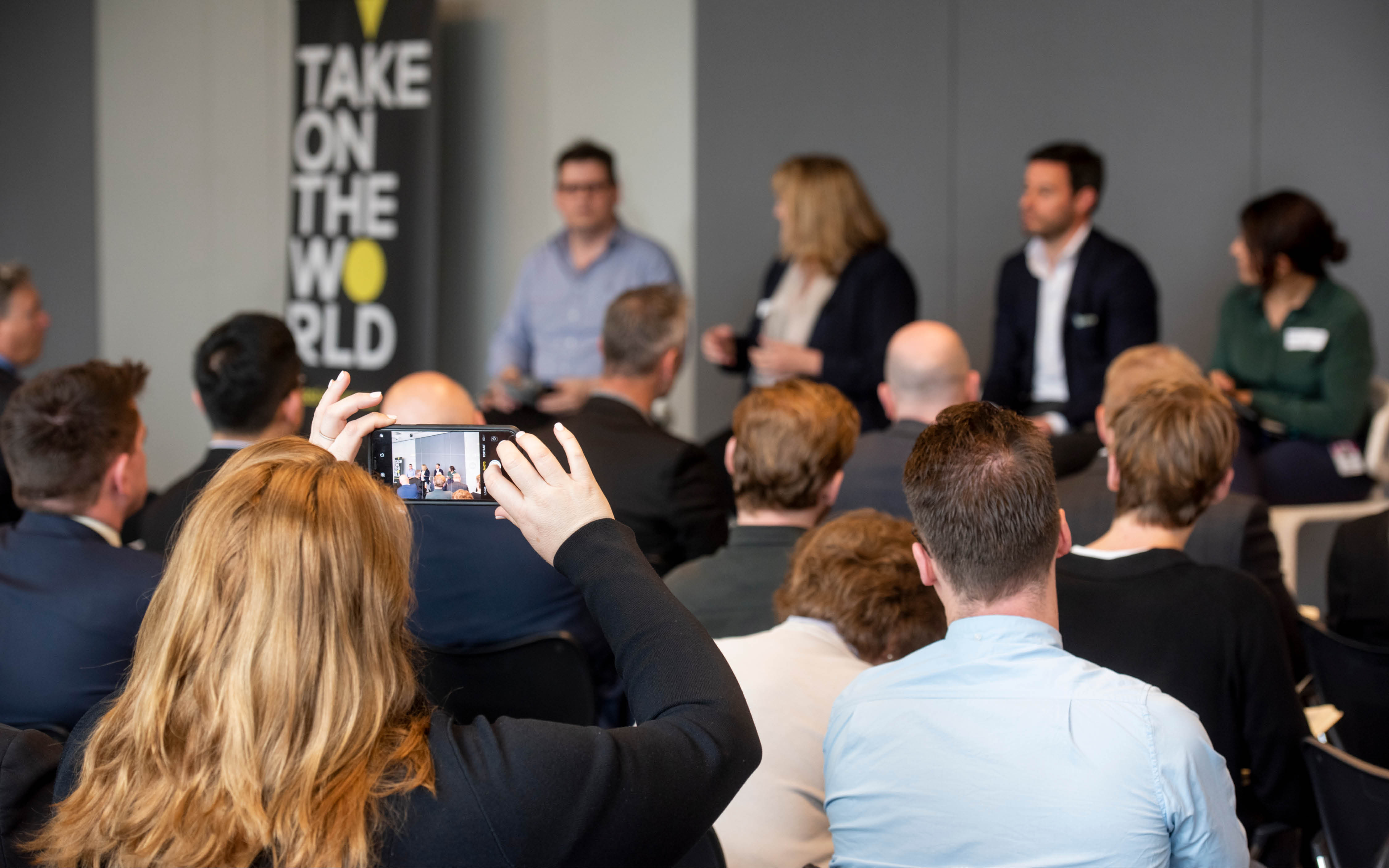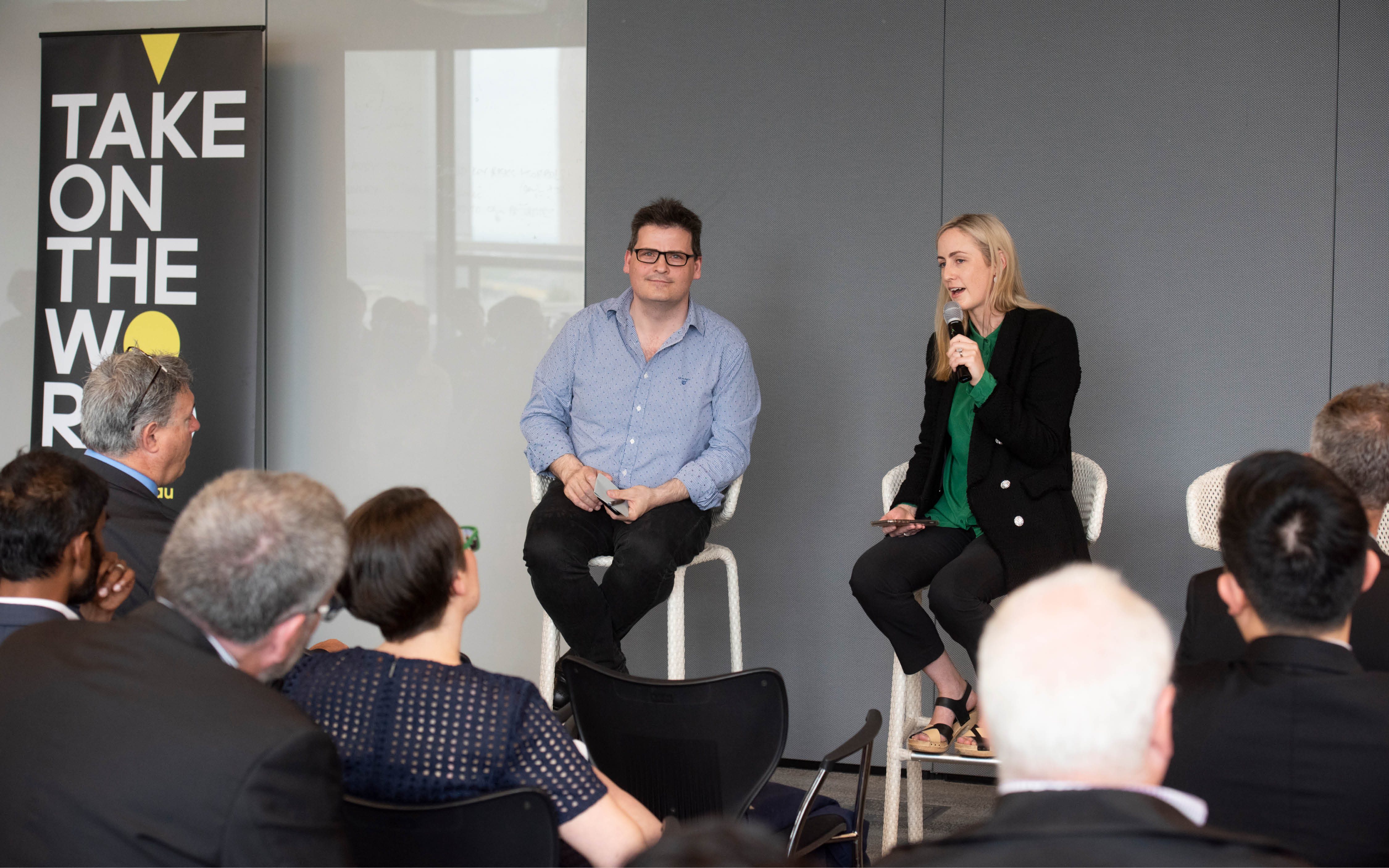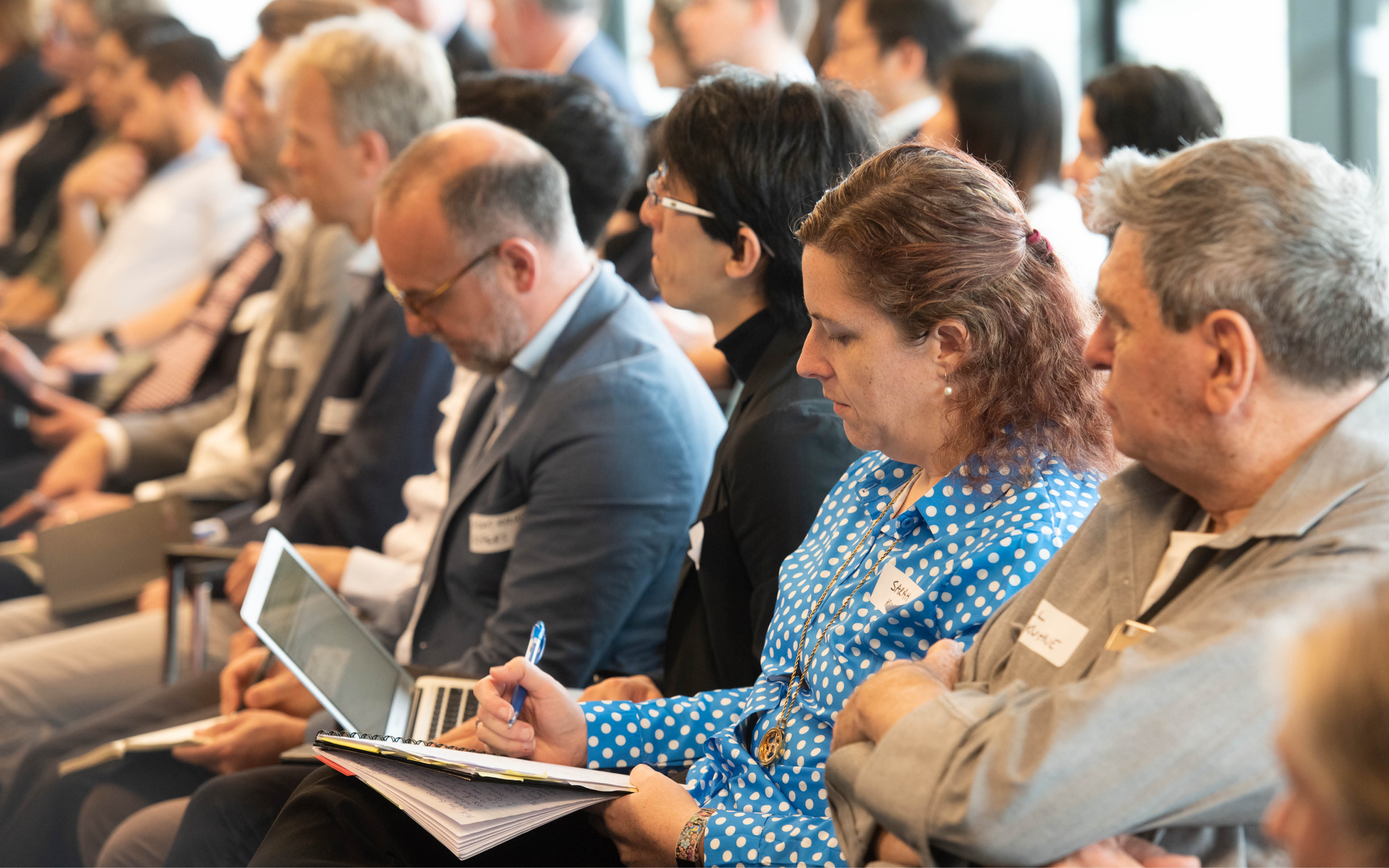EduGrowth in partnership with Global Victoria prompted a discussion about the globalisation of online education. Technology is changing the way education is delivered and experienced, seeing it expand beyond physical boundaries and into new credential pathways. International demand for scalable, quality education is growing as populations and economies expand, and as countries look to rapidly up-skill large tranches of their workforce. Australian education providers are considering how they can best meet this demand and respond to the digitalisation of education services, recognising global competitors now provide short and long courses that are available from anywhere at any time.
Key points
- Borderless online education is a rapidly growing sector
- More students are accessing online learning than ever before
- Innovation is occurring across all sectors
- Strategic partnerships between private and public providers are driving innovation and enabling Australian education to serve new international markets with new products
We invited Pauline Farrell from Go TAFE, Ryan O’Hare from Keypath Education Australia, and Adele Drago-Stevens from PwC to explore the topic via a panel discussion facilitated by David Linke from EduGrowth. Joining the discussion were representatives from the private and public sectors of higher education, TAFE, VET and corporate L&D, EdTech thought leaders, government and specialist education consultants.
panel
Pauline Farrell is the Executive Director of GoTAFE, the largest regional TAFE in Victoria. Her opening comments highlighted the current challenges the TAFE sector is facing, as well as her passion for education innovation and her personal motivation for education and learning personalisation. Her current major research interests focus on the future of work and how education can evolve to meet the emerging needs of the workforce.
Ryan O’Hare is the CEO of Keypath Education Australia, a leading online program management (OPM) provider that partners with universities to launch and grow their online programs. His opening comments highlighted the sheer growth of online education globally, and the opportunity for Australian institutions to leverage online programs to attract students outside of their traditional catchment areas.
Adele Drago-Stevens is a Senior Manager from PwC specialising in the education sector. Her expertise in operational and strategic management, strategic thinking, planning and implementation spans across higher education, VET and government. Her opening comments discussed how successful partnerships can expand Australian education into international markets. She highlighted that rapidly expanding economies’ inability to provide scalable education is providing the opportunity to deliver digital borderless Australian education into these markets.
David Linke is the Managing Director of EduGrowth, Australia’s education innovation and technology industry advocate. EduGrowth connects all parts of the EdTech ecosystem: education providers, industry participants and EdTech entrepreneurs committed to reimagining learning in the digital age.
themes
International education is Australia’s third-largest export which sees international students travel to Australia for an on-campus experience. Australia is the third most popular destination in the world behind the UK and USA for these international enrolments which contribute over A$30 billion to the Australian economy annually. Based on current and projected demand from international students for Australian education, it is recognised traditional models of education for international students will come under pressure. Concurrently, the borderless online education sector globally is rapidly growing.
Regardless of geographic location or education level, more students are accessing online learning than ever before. In 2018, more students commenced post graduate degrees online than on-campus, a trend that is unlikely to reverse. The significant growth in online education can be attributed to many factors, more people are accessing education as ‘life-long learners’, for the purpose of up-skilling or reskilling, and for personal interest. It also reflects that new students are growing up in a digital online environment where all aspects of their lives are being managed digitally. Accessing education and learning online is a natural extension for these students and will be increasingly important in the longer term.
Across sectors we are seeing investment and innovation in online education. Higher education, VET, TAFE and Corporate L&D are all accessible online, experiencing growth and each offer varying levels of innovation and technology which is a key contributor to the transformation of Australia’s education offering. Australia is now competing with international markets that have significantly more investment in digital and online education; US$7.2 billion of venture capital in China and India, for example.
Strategic partnerships between private and public providers are driving innovation and enabling Australian education to service new international markets with new products. We are seeing more collaboration occurring between the private and public sector to innovate in the online education space. Although often driven by the private sector, or for commercial outcomes; strategic partnerships are driving innovation and resulting in the expansion of the market. An example is the successful strategic partnership with SEEK Learning and the subsequent growth of Swinburne Online.
International markets are not homogenous, cultural nuances and varying demographics require segmentation and product planning that resonates. For example, demand for micro credentials in China and India is experiencing extraordinary growth. A 100% online degree may not be culturally acceptable in China; in comparison to a blended program that merges online and on-campus components. New market segments include the growing global cohort of mid-career professionals who are looking to reskill but can’t afford to travel or leave their family and current job.
Australian education is now competing with global brands such as Harvard for online degrees at a similar price point. Innovation is key as branding is not always the differentiator.
The Australian TAFE sector, as with the higher education sector, have brands that resonate globally, such as Chisholm, Holmesglen and Box Hill Institute. These organisations have previously serviced international fee-for-service clients and many have international campuses. This indicates they are best placed to evolve the current model to meet these new markets and future proof their offering.
A recent survey highlighted that 85% of students believe online courses are the same or better than the equivalent on-campus courses. Data on satisfaction levels, completion and outcomes helps institutions for planning and improvement. However, do students recognise a difference between online only, on-campus only, or mixed with part online and part on-campus; or could it be the fact they get to choose; to suit their individual needs and be flexible to compliment other aspects of their lives that optimises satisfaction and outcomes.
It’s apparent that online models of delivery are working as evidenced by learning outcomes and completion rates. 100% online, part online-part on-campus, majority online with an on-campus bootcamp – either way learning delivery models are splitting with innovation and personalisation a major influence.
It should be highlighted the Australian education architecture and curriculum was world leading at the time it was created. Australian education is now understood to be more regulated than the nuclear industry. It’s clear there is a role for ASQA & TEQSA to be more aligned, to build flexibility for creating learning curriculum that is designed ahead of the curve, addressing new and emerging markets. Particularly as industries are evolving and emerging faster than ever before.
Australian education appears to be moving to the US and UK model; a ‘real-time’ learning or ‘just-in-time’ learning model, designed to rapidly upskill the workforce. This recognises rapidly evolving workforce requirements, where jobs evolve and skill sets aren’t keeping up. The extraordinary market in India where 3.8 million developers, that according to NASCOM, need retraining every three years to keep their jobs as skills become obsolete in a fast evolving industry, is an extreme example.
This provides an attractive environment for stackable credentials; we note students are innately stacking their educational achievements on a journey to career progression. It’s clear that the industry needs some clarity around terminology and subsequent definitions, as well as mapping that is endorsed by industry. This would enable students to understand how their micro-credentials could form a macro-credential and contribute to a recognised qualification- if they choose; or simply to access the skills they need to get that next promotion.
Australia is a leading international education destination, and together with the innovation and technology sector will play an ever increasing role in the delivery of borderless digital education globally.
The globalisation of online learning was held on Tuesday 19 November at PwC Melbourne. We thank all participants and attendees, with special mention to Chris Matheson, partner of PwC who opened the formalities and Caroline Hartnett, Senior Policy Analyst International Education of Global Victoria who provided a reflection.

